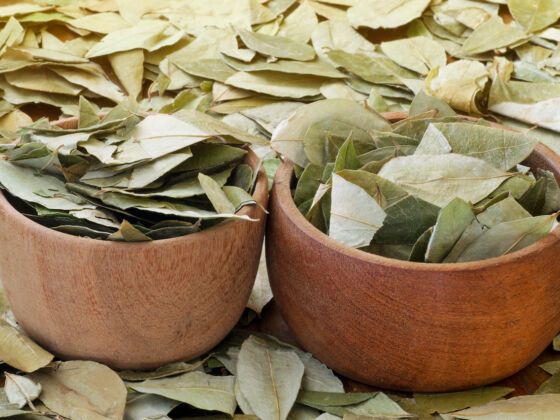I’D ONLY HEARD OF IT in passing, like a footnote dropped in an overheard conversation. Nothing specific. A ghost location. Route 36.
At 9:30 I left my hostel, passed rows of barbershops hocking haircuts like cheap candy, dodging night market patrons on the way to the Brittania Pub on Calacoto’s main drag. Amit was waiting for me there, and motioned me over to a booth where his girlfriend, Natalie, and three others from his entourage sat drinking oversized pints. Natalie’s leather jacket creaked at me as she waved, its glossy angles catching the light of the candles on the table. Amit’s arm, slouched across her shoulder, looked like another one of her accessories.
